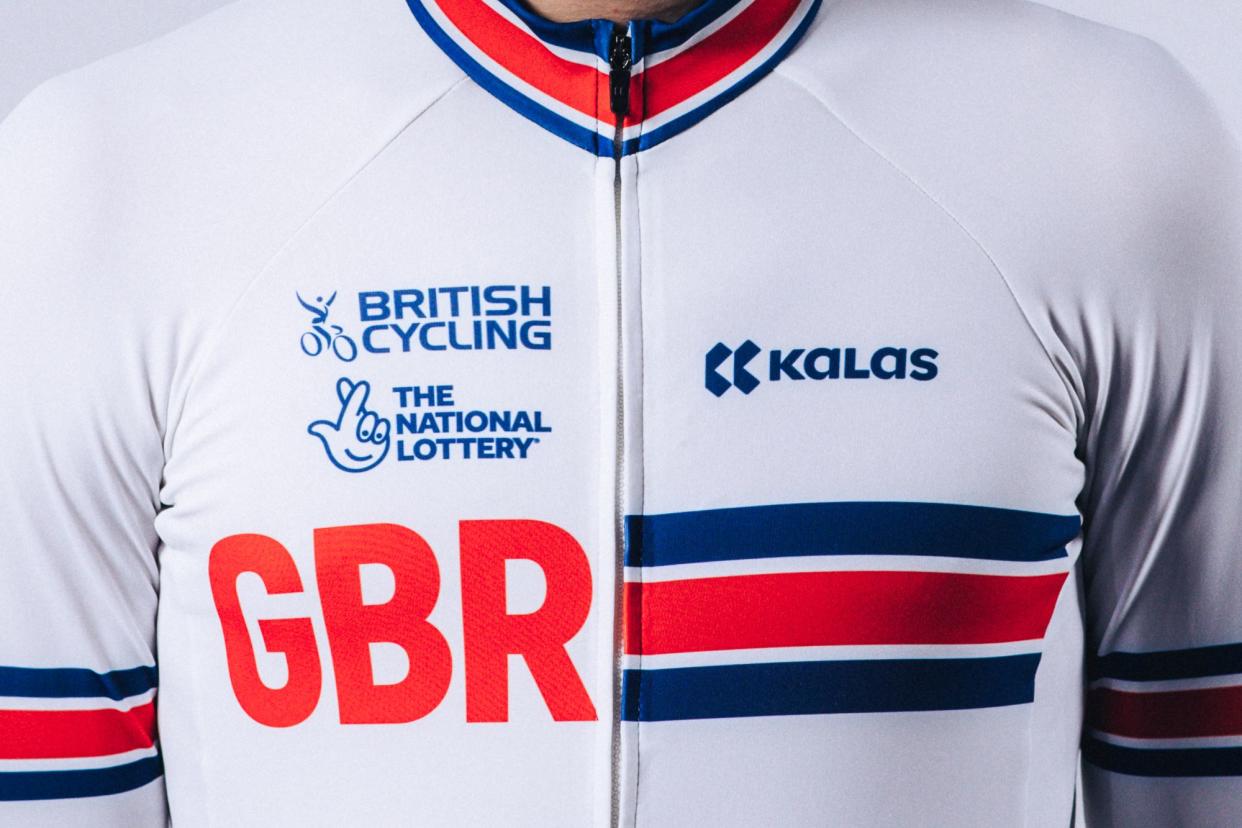British Cycling blocks transgender riders from competing in female category

Transgender riders will be unable to ride in competitive women’s races under a new policy issued by British Cycling today. The decision comes after a nine-month review and consultation process.
The national governing body has created two new policies that cover the participation of transgender and non-binary athletes in competitive and non-competitive events.
The previous testosterone-based policy was suspended by BC in April last year pending a full review, following fears trans athlete Emily Bridges would have an advantage competing at the National Omnium Championships.
Under the new policy competitive events will no longer have male and female categories but a female and an "open" category.
Transgender women, men and non-binary athletes can compete in the “open” category moving forward.
The “female” category will be for athletes whose sex was assigned female at birth. Transgender men who are yet to begin hormone therapy will also be eligible to compete in the category.
British Cycling has said that athletes whose sex was assigned female at birth will also be able to compete in the “open” category “if they so wish”.
The policy for competitive activity differs from that of cycling’s international governing body, the UCI, which allows transgender women to compete with reduced testosterone levels. However, the UCI’s policy recently attracted criticism after 27-year-old Austin Killips’ overall victory at the Tour of the Gila, a 2.2 class event held in the United States.
In the aftermath of Killips victory, the UCI said it had heard “the concerns” of female athletes about unfair competition in the sport. It subsequently signalled a shift in its policy and said it would be reopening its consultation on the matter with a view of reaching a decision in August this year.
That followed the UCI tightening its policy on transgender participation last year. Cycling’s world governing body currently requires transgender women to suppress their testosterone levels to 2.5 nmol/L for a 24-month period prior to competing in female events. Previous regulations were set at 5 nmol/L for 12 months.
British Cycling's second policy - the policy for non competitive activity - builds on the organisations existing equality, diversity and inclusion strategy and is aimed at ensuring the continuing participation of trans and non-binary riders across all of its non competitive activities such as the “Breeze” programme.
Under the second policy, trans and non-binary people can continue to participate in a wide range of BC activities in line with their gender identities.
This includes club and coach-led activities, ability-based race programmes such as “go-race” events, community programmes and non-competitive events such as sportives.
British Cycling’s recently appointed CEO Jon Dutton said that the new policies "both safeguard the fairness of cyclesport competition, whilst ensuring all riders have opportunities to participate".
“Our new policies are the product of a robust nine-month review process which we know will have a very real-world impact for our community both now and in the future,” Dutton said. “We understand that this will be particularly difficult for many of our trans and non-binary riders, and our commitment to them today is twofold.”
Dutton also pledged that the governing body will continue to assess both of its new policies annually as well as more frequently when further medical science becomes available.
“We have always been very clear that this is a challenge far greater than one sport. We remain committed to listening to our communities and working with our fellow sporting bodies to monitor changes in the scientific and policy landscape, to ensure that sport is inclusive for all,” he added.
“We have been open and transparent with the UCI on our decision and will work collaboratively with them to ensure a seamless implementation over the coming months.”
Both policies were generated after a research and consultation process by an internal working group that also involved a full medical science review.
In addition BC took advice from sports and equality law firm Mills and Reeve. According to the organisation, the review process was also independently audited to “confirm the strength of its governance”.
According to BC, the consultation process also involved 14 focus groups and a number of one to one interviews which it says also included dedicated sessions for female race licence holders as well as trans and non-binary members.

